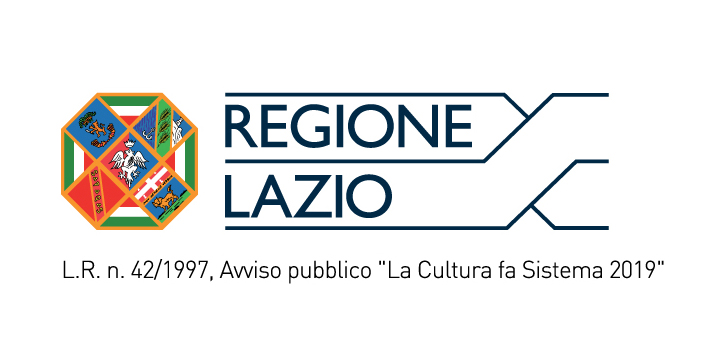The international commodity agreements have been a subject of discussion and analysis in recent years. These agreements play a crucial role in facilitating global trade and ensuring fair competition among nations. They involve countries coming together to establish common rules and regulations to govern the exchange of various commodities.
One of the notable agreements that has greatly influenced international trade is the General Agreement on Tariffs and Trade (GATT). It was established in the past to regulate and reduce trade barriers, such as tariffs and quotas, among member countries. This agreement has provided a framework for negotiations and dispute resolutions, leading to smoother international trade relations.
While commodity agreements mainly focus on goods, there are also agreements that govern services, such as the Service Level Agreement for Marketing. These agreements outline the terms and conditions between service providers and clients, ensuring both parties understand their roles and responsibilities. They help establish standards and performance metrics for efficient and effective service delivery.
In the employment sector, the TAC Employment Agreement Form is widely used. This form outlines the terms and conditions of employment, including the job responsibilities, compensation, benefits, and other important details. It serves as a legal document that protects the rights and interests of both employers and employees.
When it comes to emerging technologies, like blockchain, smart contracts offer numerous benefits. These digital contracts are self-executing and self-enforcing, eliminating the need for intermediaries and reducing transaction costs. They ensure transparency, efficiency, and security in various sectors, including finance, supply chain management, and digital rights management.
Data protection is a critical concern in today’s digital age. Having a sample data protection agreement in place helps organizations establish guidelines for handling and safeguarding personal information. It ensures compliance with data protection laws and builds trust with customers, who can rely on the organization to protect their data from unauthorized access or misuse.
For landlords and tenants, having a clear and legally binding residential lease agreement is crucial. This agreement outlines the rights and responsibilities of both parties, including rent payments, maintenance responsibilities, and lease terms. It provides protection and clarity for both landlords and tenants, preventing misunderstandings or disputes.
In the real estate sector, countries like Canada have specific regulations for rental agreements, such as the BC Rental Lease Agreement PDF. These agreements outline the terms and conditions for renting residential properties and provide legal protection for both landlords and tenants. They establish guidelines for rent increases, security deposits, and eviction processes, ensuring fairness and clarity in the rental market.
Countries often collaborate on various issues, including pension agreements. An example is the Australia New Zealand Pension Agreement. This agreement enables eligible individuals to receive social security benefits, such as pensions, when living or traveling between Australia and New Zealand. It ensures that people who have contributed to both countries’ social security systems can access their entitlements without interruption.
Lastly, the construction industry has its own set of agreements to regulate activities. The General Construction Contractor NAICS provides a classification system that categorizes construction contractors based on their specialties. It helps businesses and individuals find the right contractors for their specific construction needs, ensuring quality and expertise in the industry.
In conclusion, international commodity agreements and various other agreements help establish rules, standards, and guidelines for different sectors and industries. They facilitate fair trade, protect rights, and ensure efficient operations. Understanding these agreements is essential for individuals and organizations involved in international trade, employment, services, data protection, real estate, and construction.


